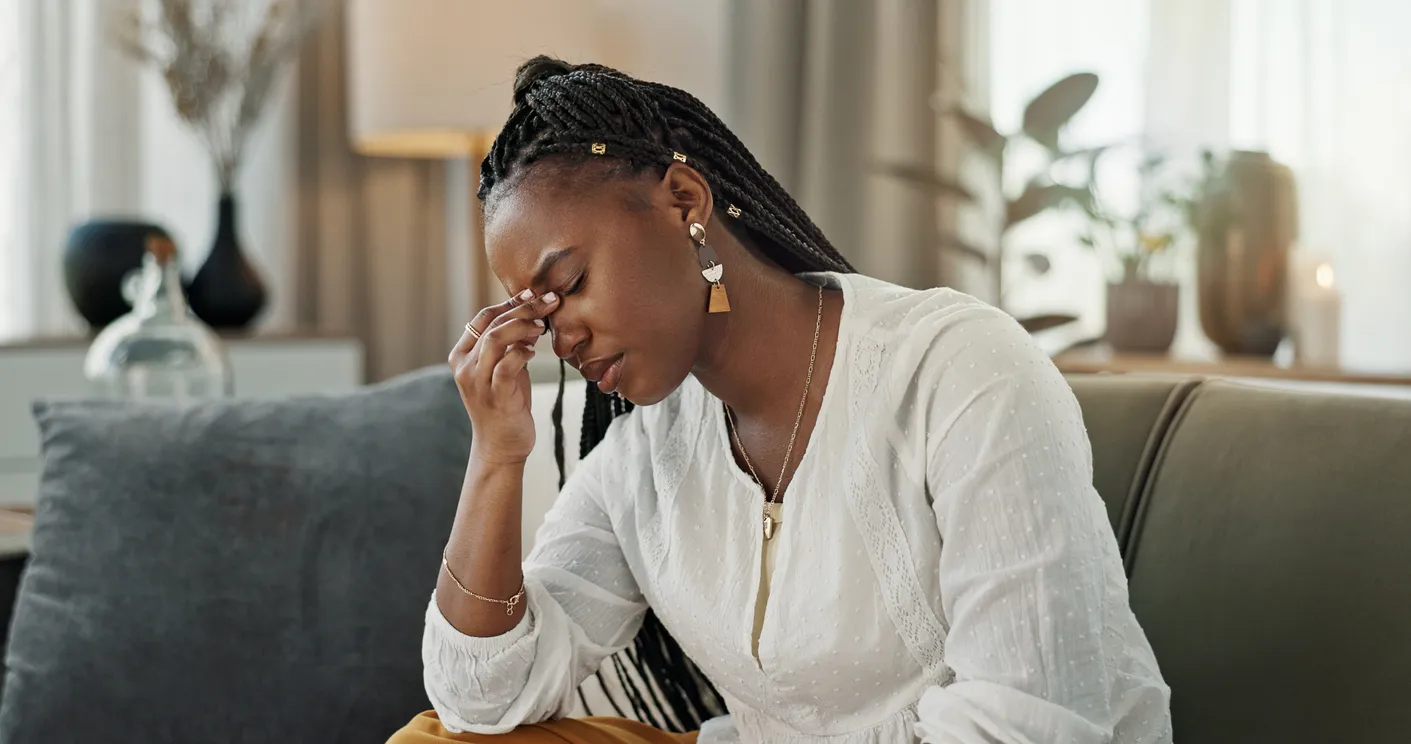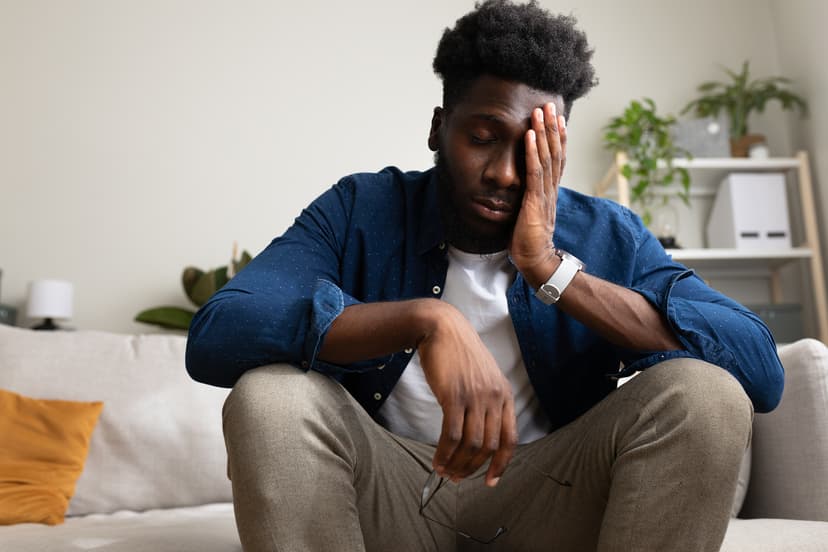You might not have a formal diagnosis of ADHD. Perhaps you’ve simply developed coping strategies over many years; strategies that look like self-medication, avoidance, or ‘just dealing with it’. But what if those strategies are actually masking untreated ADHD and the root challenge remains unaddressed? At Beyond Clinics we believe that understanding how undiagnosed ADHD can quietly shape your behaviours is the first step toward greater clarity, relief and thriving.
The Hidden Face of Undiagnosed ADHD.
ADHD is often thought of as a childhood condition which is easily spotted through hyperactivity or inattention. But the reality is more nuanced. Many people with ADHD are never diagnosed, particularly those whose symptoms are less overt or whose coping strategies have been effective but exhausting. Research points to significant prevalence of undiagnosed ADHD in adults, especially among those who have co-occurring mental health or substance use difficulties. One review found that in studies of adults with substance use disorders (SUDs), undiagnosed ADHD was common and associated with greater impairment in daily life.
When ADHD Shows Up Through Coping Strategies.
For those without a diagnosis, ADHD may express itself in indirect ways. You might notice patterns such as:
Chronic feelings of restlessness or mental busyness, which lead you to drink alcohol or use other substances just to ‘wind down’.
Impulsivity, emotional turbulence or difficulty delaying gratification, linked with substance misuse or other risky coping behaviours.
Persistent procrastination, organisational chaos, forgetfulness, and the sense that you always have to work harder than others to keep up.
A pattern of starting treatments for conditions like anxiety, depression, and addiction without addressing the underlying neurodivergent wiring.
Studies show that individuals with untreated ADHD are at increased risk for substance misuse. One meta-analysis pointed to children with ADHD being more likely than peers to develop substance use disorders in adolescence or adulthood. Another review of undiagnosed ADHD populations reported that ‘substance abuse is one of the main reported impacts of undiagnosed ADHD’. So, if you recognise that you’ve tried to treat symptoms (for example, through alcohol, prescription medications, and other behaviours) rather than exploring what’s driving those symptoms, you may indeed be treating undiagnosed ADHD without knowing it.
Why This Matters: The Cost of Not Addressing the Root.
Choosing coping strategies alone can feel like you’re empowered but it may leave you vulnerable in several ways.
Greater risk of relapse or worsening symptoms. When ADHD remains undiagnosed and untreated, SUD treatments may be less effective.
Emotional and psychological toll. The constant work of trying to hide or compensate for ADHD traits can increase anxiety, low self-esteem, burnout, and lead to a sense of being ‘wrong’ or ‘broken’. Over time, this can exacerbate mental-health challenges.
Missed opportunities to build on strengths. ADHD isn’t simply about deficits. It also often comes with creativity, spontaneity, pattern-recognition, and energy. But if the focus remains on coping or ‘masking’, these strengths may remain untapped.
Delayed diagnosis and treatment. The longer ADHD goes unrecognised, the harder it can be to piece together the patterns that carry over from childhood to adulthood and access the necessary treatments.
How to Explore Whether You Might Be Living with Undiagnosed ADHD.
Here are some questions to reflect on:
Have you ever felt that you were struggling to keep up in work, relationships, life, etc. and yet you were never offered an ADHD assessment?
Do you find that you frequently use substances, impulsive behaviours, or structured distractions to manage internal restlessness or mental overload?
Do you often feel that you have to try harder than those around you just to seem ‘normal’?
Does it feel like you’re treating the symptoms (anxiety, low mood, poor sleep, substance use) but not sure what’s underlying them?
Does the idea of an ADHD assessment bring a sense of relief (rather than fear) that maybe there’s an explanation for how you’ve been living?
If many of those apply, it may be worth discussing with a professional who understands adult ADHD.
What to Do Next: Moving Beyond Coping to Understanding.
At Beyond Clinics we suggest a supportive and practical path:
Seek a specialist assessment. A diagnostic evaluation by someone experienced in adult ADHD can help clarify whether your experiences align with ADHD traits.
Connect your coping strategies to your nervous-system profile. If you’ve been using substances or other behaviours to manage restlessness, impulsivity or distraction, reflect on what you’re actually doing and why.
Build neuro-aligned supports. If ADHD is part of your picture, strategies might include behavioural therapy, coaching for organisation/time-management, environment-adjustments, and medication.
Reframe your narrative. Recognise that ADHD is not a ‘failure’. The fact that you sought out coping strategies shows resourcefulness. Now you might shift toward strategies that fit how your brain works, rather than trying always to adapt to a neurotypical model.
Use the right supports. If substance use is part of the story, integrating your ADHD-informed understanding into addiction or mental-health treatment can make a real difference. Coordinated care that addresses both ADHD and SUD is increasingly seen as best practice.
Final Thoughts.
If you’ve ever felt like you’re ‘treating’ something like anxiety, mood swings, chronic stress, or SUDs, but the relief never quite lasts, it might be a sign of ADHD. At Beyond Clinics we believe that gaining understanding is an act of kindness to yourself. Being undiagnosed doesn’t mean you’re alone or doomed. It simply means that there’s potential for a new chapter: one where you live with greater ease, clearer self-understanding, and alignment with how your brain works. It’s not about eliminating differences; it’s about recognising them and building a life where you thrive. If you’d like to explore whether undiagnosed ADHD might be part of your story, we’re here with understanding, expertise and respect for the unique path you’ve walked.



